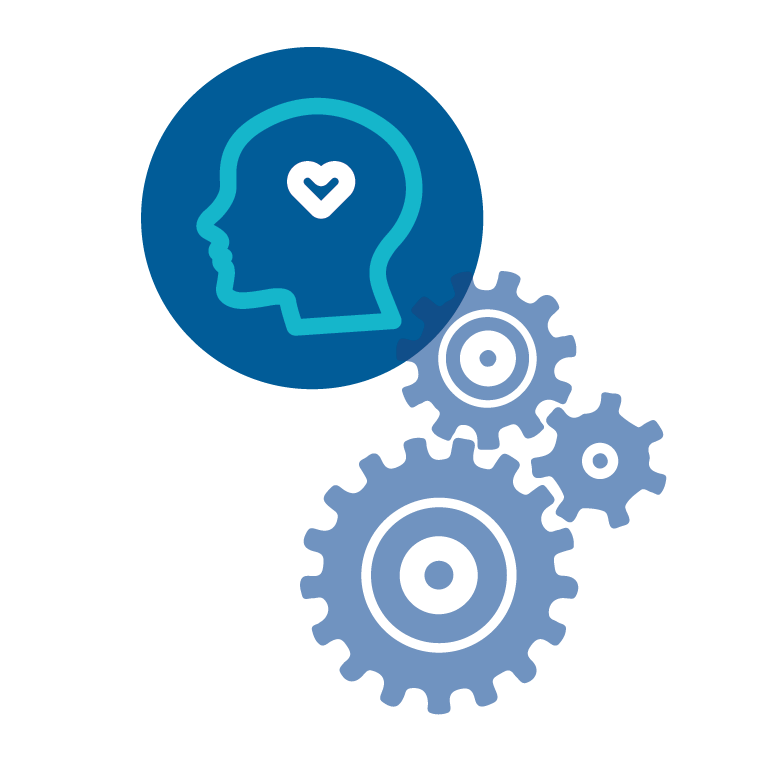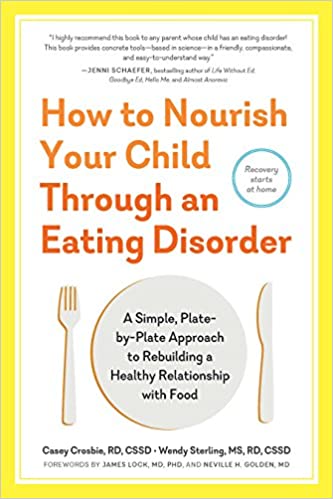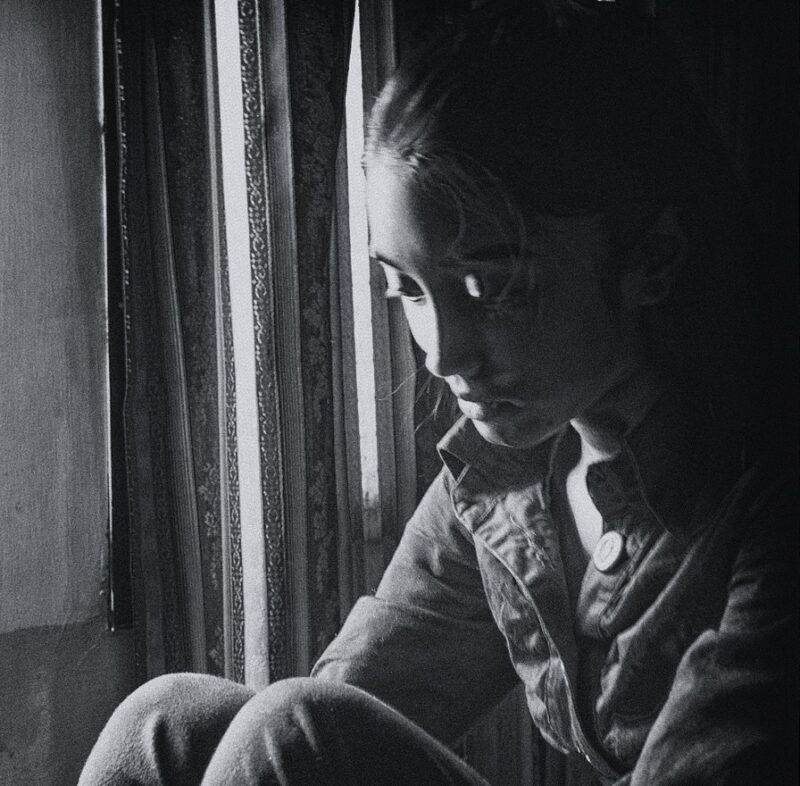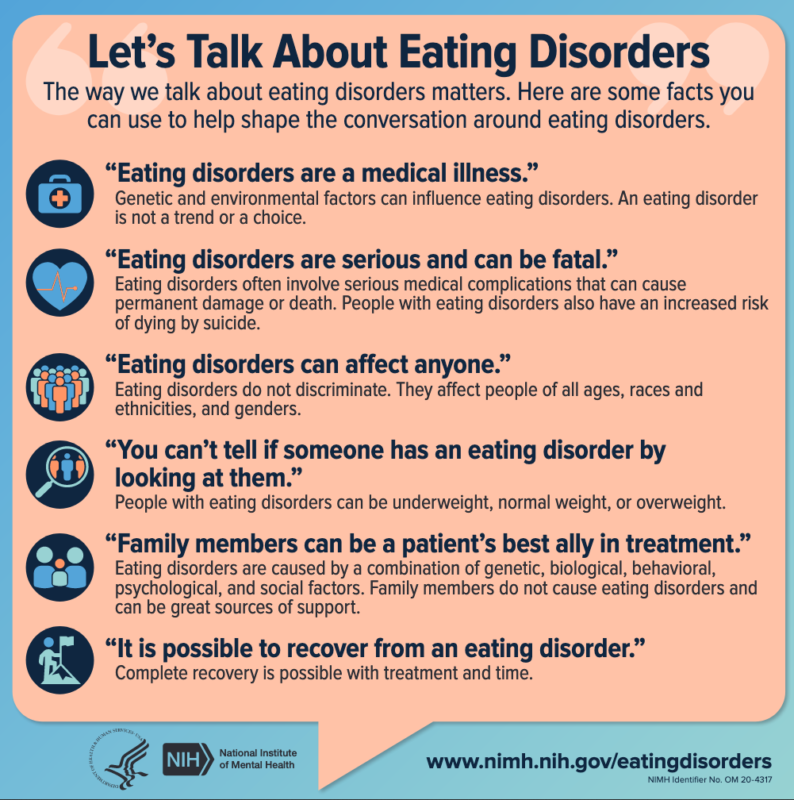
Why Are People with Autism at Such High Risk of Developing Eating Disorders?
Eating disorders have a devastating effect on the lives of those affected and are associated with the highest mortality rates of all mental illnesses. While they can affect anyone, there is a higher incidence of people with autism who have Read more >>











